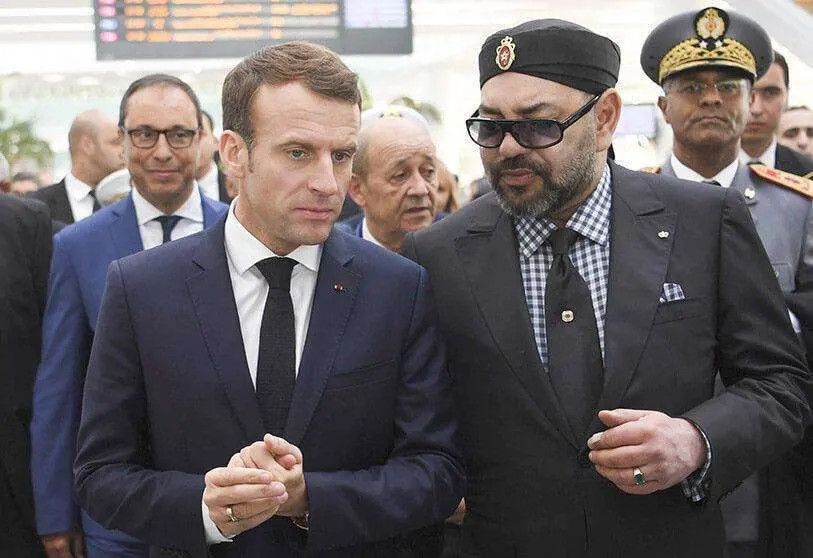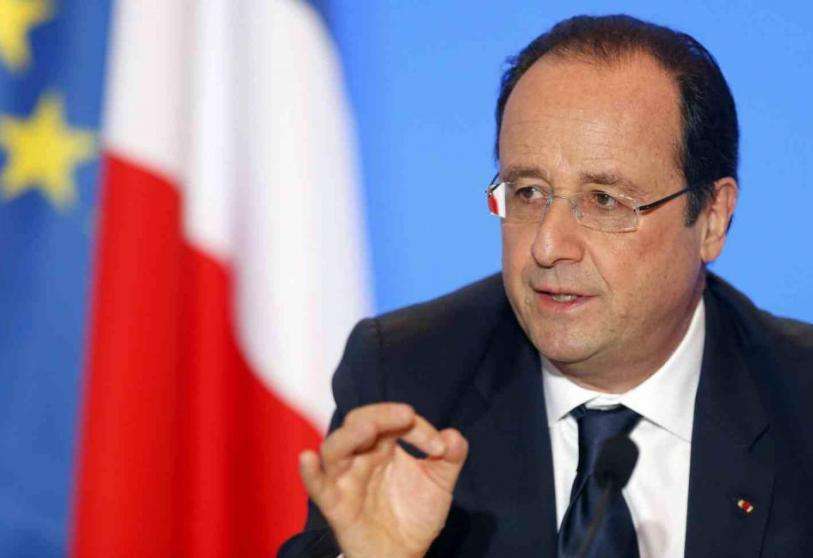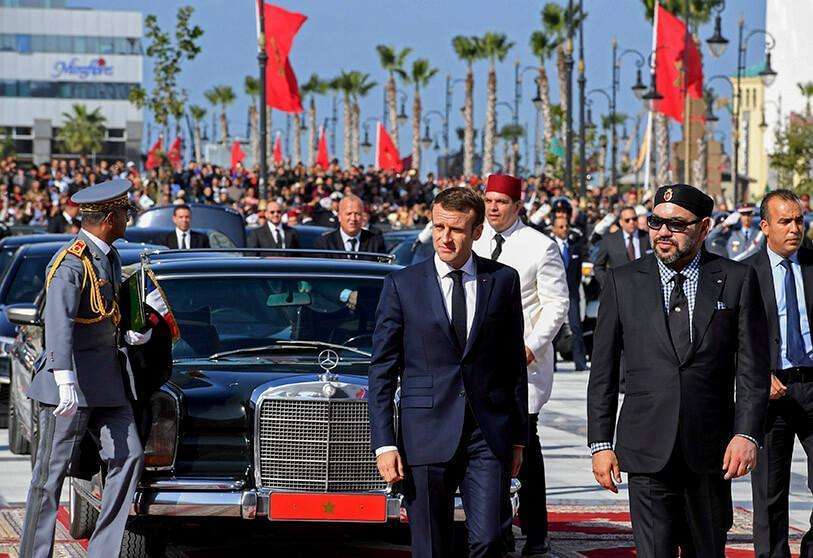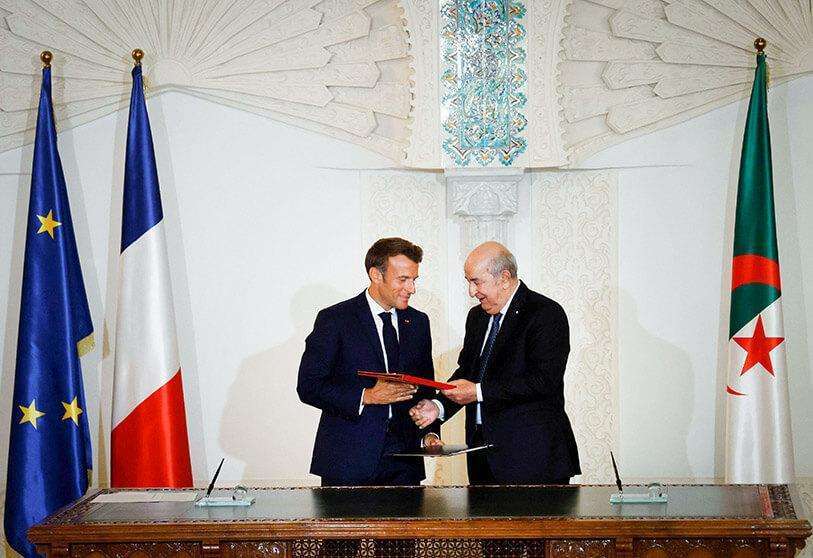El problema migratorio que podría agrandar la brecha entre Rabat y París

France must address as soon as possible one of the problems that could lead it to distance itself from its biggest ally in North Africa. Relations with Morocco are not the best after Paris decided to halve the visas granted to Moroccans and Algerians a few months ago. The French justification is based on the Alawi kingdom's refusal to accept the return of illegal immigrants it wants to deport from French territory. However, the situation remains deadlocked and tension between the French political authorities is growing with each passing day.
Already when the announcement of the visa reduction was made, Rabat called it "unjustified". The Alawi kingdom believes that the group most affected is the middle classes, which is why it has repeatedly asked for a rectification that, for the time being, has not been forthcoming from Paris. This refusal is what, according to observers, is increasing discontent in Morocco and could widen the rift that began to open up a few months ago. For this reason, efforts have intensified in Europe, especially because France wants to avoid losing its influence in North Africa at all costs.

Aware of the importance of its ties with the Kingdom, France has tried to iron out its differences through former president François Hollande. Emmanuel Macron's predecessor made an appeal on Wednesday in the Moroccan capital calling for "reactivating the partnership that unites France with the countries of the Maghreb, especially Morocco". Hollande also referred to the disagreement that has led to this rift and expressed his regret for what he considered to be "misunderstandings", adding that we must "bring to the table the issues that can unite us, and exclude those that can divide us".
In August, Morocco warned that "all the ties that have taken decades to forge will be broken little by little". At the time, the issue began to be described as a "silent" crisis and a "humiliation" by France. The Moroccan international analyst Hicham Motad spoke of the external image projected by the country presided over by Macron and claimed that this decision to drastically reduce the number of visas issued reflects "the magnitude of the catastrophic failure of French policy in the management of the migration dossier".

However, the view - or at least the view when it was decided to reduce the number of visas - is that it is "a drastic and unprecedented decision, but also a necessary decision", said the French government spokesman at the time, Gabriel Attal, who argued that his country "cannot keep" all those irregular immigrants that the Maghreb countries refused to accept back. In September last year, Paris opted to reduce visas for Algerians and Moroccans by 50%, and by 30% for Tunisians, opening a gap that, a year later, far from closing, continues to widen.
The problem with this situation between Rabat and Paris is that some experts go further and believe that this "silent" crisis is not the only reason for the rift between the French and Moroccans. And, far from surprising anyone, all eyes are focused on the Sahara issue. Morocco is asking France to take a more forceful stance on this issue, which does not seem likely to happen, given that it promised Algeria not to "recognise Moroccan sovereignty" a few weeks ago during a meeting between Catherine Colonna, the French Minister for Europe and Foreign Affairs, and the head of Algerian diplomacy, Ramtane Lamamra.

The Sahara issue is even more complex when it comes to France, which, in its efforts to satisfy Moroccans and Algerians, is unable to satisfy its two Maghreb partners. On top of this, the French company Lydec has been suspended from the Casablanca Stock Exchange, becoming the second company to be suspended in less than a year, following in the footsteps of Danone. This context does not invite optimism, although France knows that it will have to do its part to resolve the blockade and "overcome tensions to build joint projects", as the French Minister of Foreign Trade, Olivier Bechte, stated last Tuesday when he was visiting Morocco.








